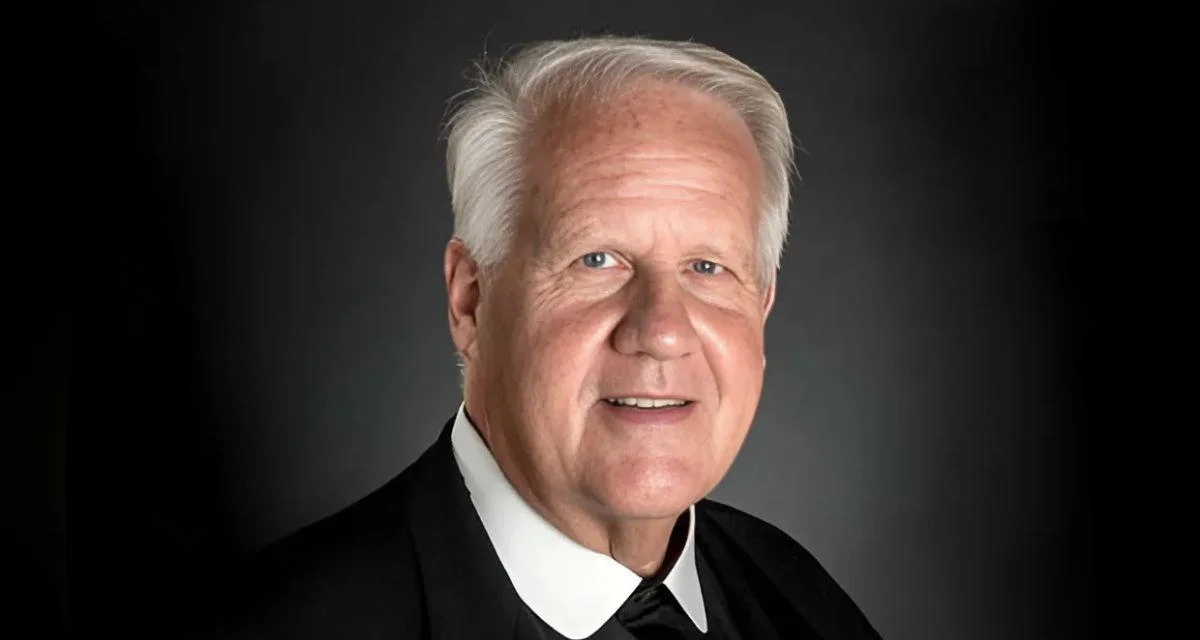
Rev. James D. Conley, D.D., S.T.L. | Diocese of Lincoln website
A question recently addressed by the Southern Nebraska Register in its "Ask the Register" section tackled the topic of whether confession can be conducted via ZOOM. The straightforward answer is no, as it is contrary to Church law and deemed sacramentally ineffective.
The discussion is not new, as similar questions have arisen with other forms of long-distance communication, such as mail. In all cases, the answer remains consistent: absolution cannot be granted without physical presence.
There are both practical and theological reasons for this rule. Practically, the issue of maintaining secrecy during confession is paramount. There is a risk that conversations over ZOOM or phone could be overheard or recorded unintentionally. Although confessions through a translator are acceptable, there is concern about confidentiality breaches outside of those bound by the Seal of Confession.
Theologically, sacraments involve tangible encounters that facilitate divine grace through visible signs. Removing physical presence from confession detracts from this encounter, reducing it to an exchange rather than a meaningful interaction with God's mercy.
For individuals unable to attend confession physically or where access is limited, Canon Law provides alternative means for reconciliation under specific circumstances. "CIC c. 960 Individual and integral confession and absolution constitute the only ordinary means by which a member of the faithful conscious of grave sin is reconciled with God and the Church," but recognizes exceptions in cases of physical or moral impossibility.
Ultimately, while convenience might suggest otherwise, the Church prioritizes maintaining its sacramental integrity over adapting practices that do not fulfill their intended purpose. Confession via ZOOM remains unauthorized because it fails to meet these essential criteria.



 Alerts Sign-up
Alerts Sign-up